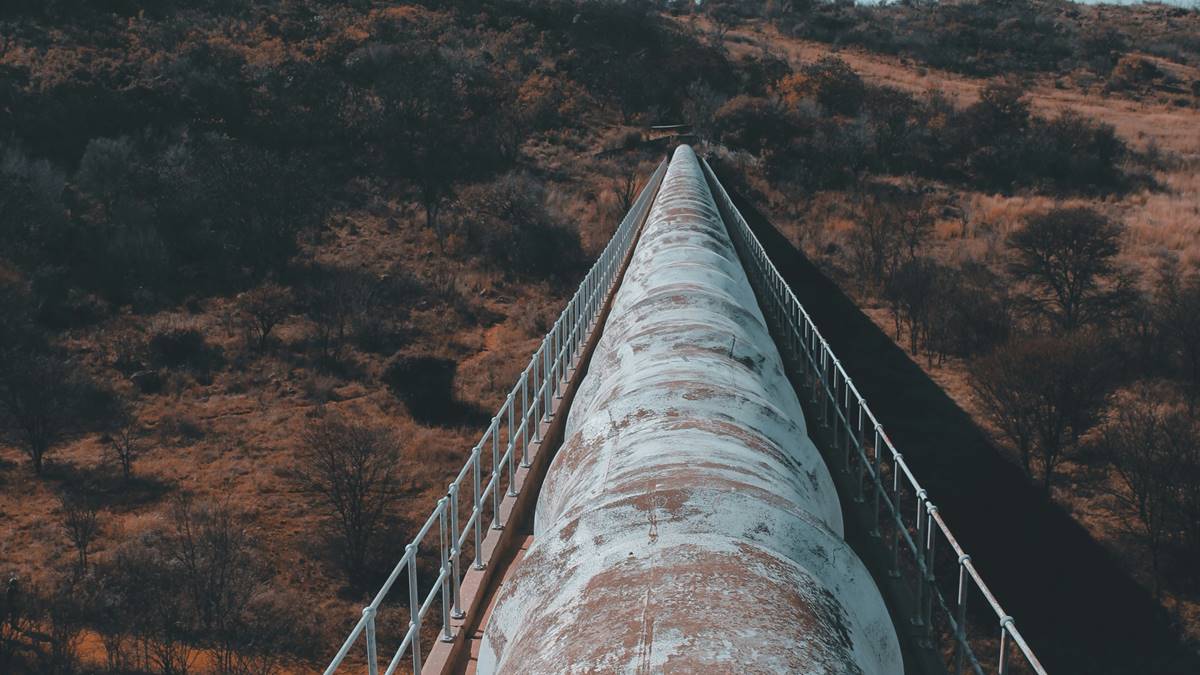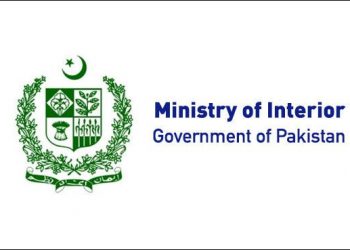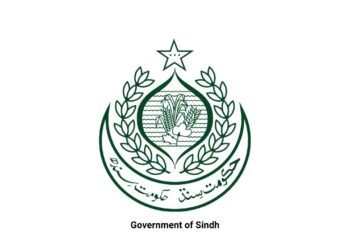In a positive turn of events, Pakistan and Iran have collaboratively decided to formulate a consensus implementation plan for the Iran-Pakistan (IP) gas pipeline, as reported by The News on Friday.

This decision was reached following a meeting in Tehran, during which Islamabad sought an extension on the Feb-March 2024 deadline to avoid an $18 billion penalty for not completing the pipeline in its territory. Last year, Iran had instructed Pakistan to complete a segment of the gas line project in its territory by February-March 2024 or face the hefty penalty.
Negotiations regarding the implementation plan are scheduled to commence in the next two to three weeks. Despite this, the Iranian deadline for international arbitration by September 2024 remains in place, allowing bilateral avenues to be explored within that timeframe.
According to Energy Minister Muhammad Ali, constructive talks were held in Tehran, reaffirming Pakistan’s commitment to the project. He stated, “We have convinced the neighboring country of our deficient energy status, for which we have also enhanced work on the TAPI gas line project. The Iranian side listened to us carefully and agreed to increase active engagements to enable the IP project.”
During the discussions, Iran also offered to export more electricity to Pakistan for Gwadar and Chaman, and Pakistan expressed willingness to consider this offer. Currently, Pakistan is importing 104MW of electricity from Iran.
Minister Ali emphasized the need for more electricity from Iran for Gwadar, especially with better-negotiated tariffs. Although China is in the process of establishing a 300MW power plant at Gwadar, powered by imported coal, it may not suffice for future needs. He mentioned that once the national grid is operational at Gwadar, Pakistan could utilize more Iranian electricity for national consumption.
Addressing the issue of the gas project and the $18 billion penalties, Minister Ali stated that both countries have decided to explore ways to implement the project. The Inter-State Gas Systems of Pakistan and the National Iranian Gas Company had signed a revised agreement in September 2019, specifying that Iran would not pursue any international legal action for delays until 2024, after which it would be free to do so.
The primary obstacle to building the pipeline was the risk of US sanctions, but during the talks, the Iranian side argued that, based on their experience with exporting gas to Azerbaijan and Turkmenistan, there should be no concerns about sanctions for Pakistan in a similar scenario.
Read more: More Electricity and Gas Tariff Hikes Expected in January 2024.
Follow INCPAK on Facebook / Twitter / Instagram for updates.


















